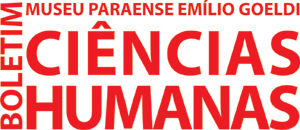Abstract
This article seeks to organize, analyze, and elucidate longstanding gaps and controversies concerning Guarani kinship terminologies. It begins by cross-examining the earliest vocabulary records from the seventeenth century and Lafone-Quevedo’s translation and analyzing these sources, identifying major discrepancies in the latter’s rendition of the originals. This is followed by a review of current research, in which Guarani populations in Argentina, Brazil, and Paraguay are generally divided into distinct subgroups: Kaiowa, Mbya, and Nhandeva. The comparison of their respective terminologies offers a map of missing kintypes, overarching similarities among the three variants, as well as important divergences in nomenclatures identified as pertaining to the same subgroup. In an attempt to track some of the missing pieces to this kinship puzzle, new data on the Mbya terminology, acquired by combining ethnographic research and computational methods, establishes a complete set of kintypes, including those applied to distant genealogical positions. This terminology reveals generational skews that connect it to the seventeenth-century Guarani vocabulary, recuperating historical ties that were previously untraced, and elucidates divergences in the Kaiowa nomenclature. The article concludes that the Mbya and Kaiowa share the same semantic kinship structure, undeniably of the Iroquois type, challenging the prevailing tripartite divide.
Keywords
Kinship; Terminology; Guarani; Anthropology and computational methods

 Thumbnail
Thumbnail
 Thumbnail
Thumbnail
 Thumbnail
Thumbnail
 Thumbnail
Thumbnail
 Thumbnail
Thumbnail
 Thumbnail
Thumbnail





